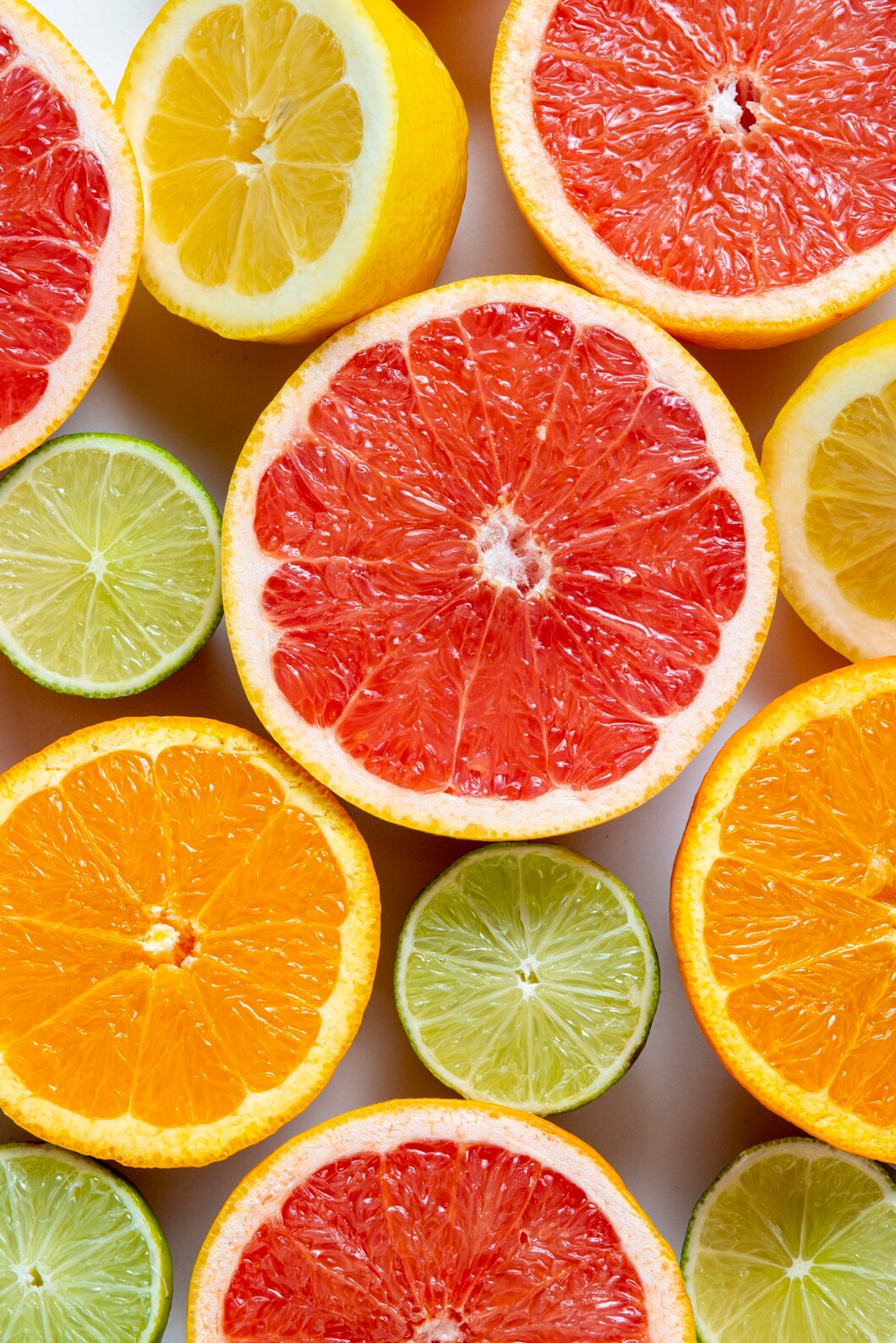Acid reflux, a common digestive disorder, can cause discomfort and disrupt daily life. While medication and lifestyle changes can help manage symptoms, diet plays a crucial role in alleviating or exacerbating acid reflux. For South Africans seeking relief, here are 20 foods to avoid to mitigate acid reflux symptoms:
- Spicy Foods: South African cuisine often includes spicy dishes like peri-peri chicken or curry. However, spicy foods can trigger acid reflux by irritating the esophagus and increasing stomach acid production.
- Citrus Fruits: While oranges, lemons, and grapefruits are packed with vitamin C, their high acidity can aggravate acid reflux symptoms. Opt for low-acid alternatives like apples or bananas.
- Tomatoes: Whether in sauces, salads, or sandwiches, tomatoes are acidic and can contribute to heartburn and reflux. Consider reducing tomato-based dishes or opting for less acidic varieties.
- Garlic and Onions: These flavor-enhancing ingredients are staples in South African cooking but can also relax the esophageal sphincter, allowing stomach acid to reflux into the esophagus.
- Peppermint: Popular in teas and desserts, peppermint can relax the muscles that control the opening between the esophagus and stomach, leading to increased reflux.
- Chocolate: Indulgent treats like chocolate contain caffeine and theobromine, both of which can relax the esophageal sphincter and stimulate acid production, worsening reflux symptoms.
- Coffee and Tea: South Africans love their rooibos tea and coffee, but both beverages can increase stomach acid production and weaken the lower esophageal sphincter, contributing to acid reflux.
- Alcohol: Whether it’s a glass of wine or a pint of beer, alcohol can relax the esophageal sphincter and irritate the esophagus, exacerbating acid reflux symptoms.
- Carbonated Drinks: Fizzy beverages like soda and sparkling water can expand the stomach, putting pressure on the esophageal sphincter and promoting acid reflux.
- Fried and Fatty Foods: South African favorites like vetkoek and samoosas are delicious but high in fat, which slows digestion and increases the likelihood of acid reflux.
- Processed Meats: Biltong, boerewors, and other processed meats are rich in fat and can trigger acid reflux. Opt for leaner protein sources like grilled chicken or fish.
- High-fat Dairy: Creamy desserts, cheese, and full-fat milk can exacerbate acid reflux symptoms due to their high fat content. Choose low-fat or non-dairy alternatives instead.
- Spicy Sauces and Condiments: Whether it’s chutney, hot sauce, or mustard, spicy condiments can irritate the esophagus and worsen acid reflux symptoms.
- Mint Flavored Foods: While refreshing, mint-flavored foods like chewing gum or breath mints can relax the esophageal sphincter and increase reflux.
- Chilies and Peppers: South African dishes often incorporate chilies and peppers for flavor, but these spicy ingredients can exacerbate acid reflux symptoms.
- Vinegar: Whether in salad dressings or pickles, vinegar is highly acidic and can trigger heartburn and reflux in individuals prone to acid reflux.
- High-acid Foods: Besides citrus fruits, other high-acid foods like pineapple, berries, and vinegar-based sauces should be consumed in moderation to avoid aggravating acid reflux.
- Mint Tea: While popular for its soothing properties, mint tea can relax the lower esophageal sphincter and worsen acid reflux symptoms.
- Processed Snacks: Chips, crackers, and other processed snacks are often high in fat and salt, both of which can exacerbate acid reflux symptoms.
- Fast Food: Burgers, fries, and pizza are convenient but can be high in fat, grease, and spice, making them common triggers for acid reflux.
While these foods may trigger acid reflux in some individuals, it’s essential to listen to your body and identify your personal triggers. Maintaining a balanced diet, practicing portion control, and avoiding eating late at night can also help manage acid reflux symptoms. Consulting with a healthcare professional or registered dietitian for personalized advice is recommended for individuals with persistent or severe acid reflux. By making mindful food choices, South Africans can better manage their acid reflux and enjoy a happier, healthier lifestyle.








